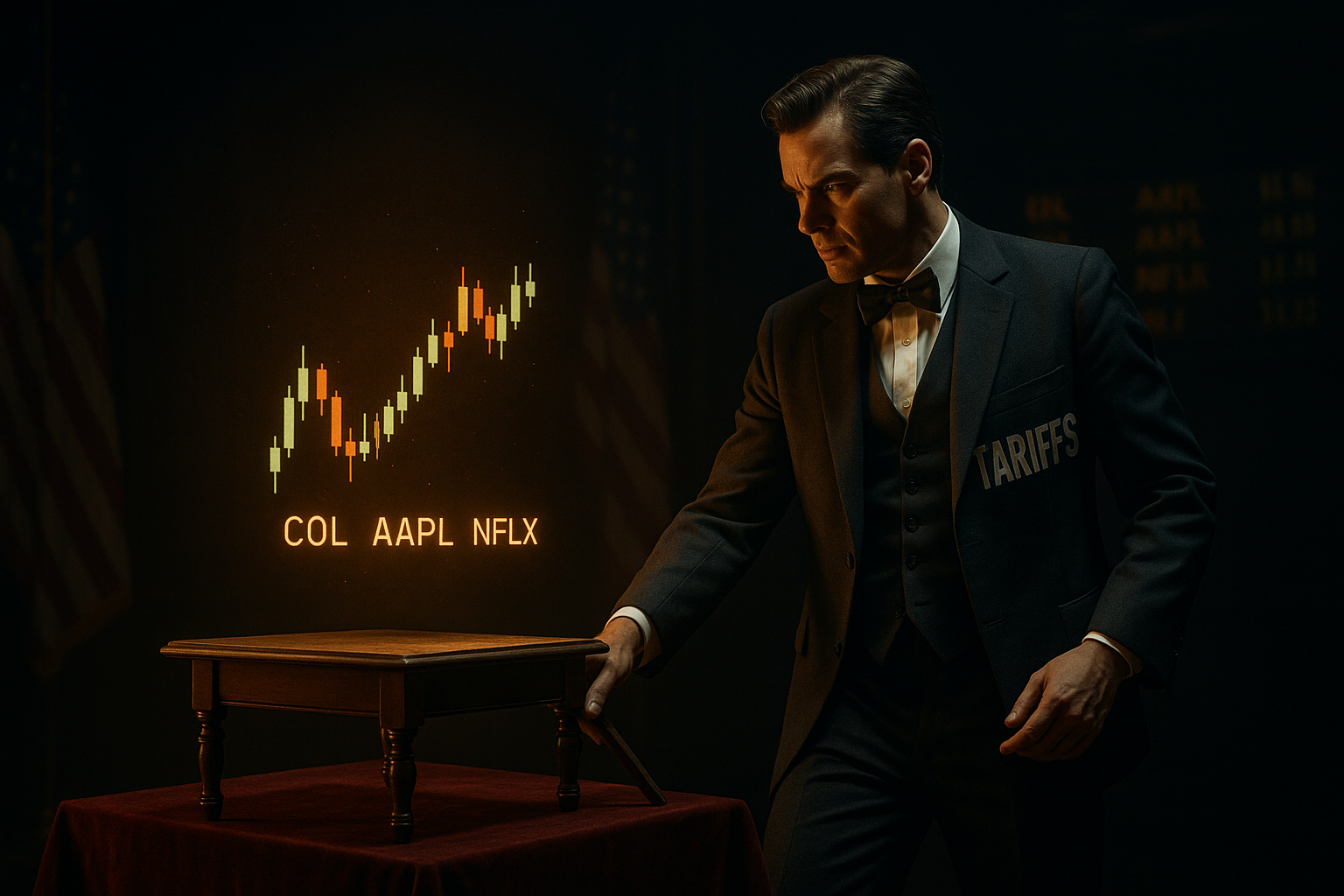So Donald Trump just dropped a tariff bombshell on Truth Social that sent policy wonks scrambling. "80% tariff on Chinese goods seems right!" he declared. Just let that sink in for a minute.
For perspective, Chinese imports currently face around 19.3% in tariffs—already higher than what most trading partners deal with. Quadrupling that figure isn't just an adjustment; it's economic shock therapy.
I've covered trade policy since the first Trump administration, and there's always been this fascinating disconnect between economic orthodoxy and Trump's negotiating instincts. The textbook view (and I mean literally what they teach in Econ 101) says tariffs primarily hurt your own consumers and businesses. When you slap fees on Chinese goods, it's Americans who pay at the register. Pretty straightforward.
But Trump's playbook operates differently. It's what you might call the "maximum pressure" approach—throw out an outrageous opening demand, watch everyone panic, then settle for something that still fundamentally changes the status quo.
Is it crazy? Maybe not entirely.
Look, if you're trying to force structural changes in how China operates in the global economy, gentle nudges probably won't cut it. Game theory suggests you need a credible threat of real pain to change entrenched behaviors. And 80%? That's not a paper cut—that's economic amputation.
The problem? Threats only work in negotiations when the other side believes you might actually follow through. And implementing 80% tariffs across the board would be... complicated.
Inflation would surge just when we're finally getting prices under control. Supply chains—still recovering from pandemic disruptions—would face massive new pressures. And China (let's not forget they have options too) would almost certainly retaliate against American companies and exports.
I spoke with three economists yesterday who all used the word "catastrophic" independently of each other.
Yet markets barely flinched at Trump's statement. Why? Most investors apply what I've come to think of as the "campaign rhetoric discount"—the assumption that extreme positions staked during the campaign trail will meet the cold water of governing reality after election day.
There's precedent for this thinking. Remember when candidate Trump threatened 45% tariffs on China in 2016? His actual implemented tariffs topped out around 25% on most goods during his presidency.
(Though it's worth noting that even those lower tariffs contributed to higher consumer prices and disrupted American agriculture exports when China retaliated. I still remember interviewing soybean farmers in Iowa who couldn't sell their harvest.)
The most fascinating aspect of all this? The bipartisan drift toward economic nationalism. Biden kept most of Trump's China tariffs in place—something that would have been unthinkable for a Democratic president just a decade ago.
What we're witnessing isn't just campaign posturing. It's a fundamental realignment of America's economic relationship with China, with both parties now disagreeing mainly on degree rather than direction.
For investors and businesses... that's the real signal amidst the noise.
Smart money isn't preparing for 80% tariffs—that's almost certainly hyperbole. They're positioning for a world where decoupling from China continues regardless of who wins in November.
The implications? Probably stagflationary in the near term—higher prices alongside lower growth. Not exactly what the doctor ordered for an economy still finding its post-pandemic footing.
Certain domestic manufacturers might cheer these protections, while globally integrated supply chains face painful adjustments. The semiconductor industry alone would need years to reconfigure its production networks.
Trade policy has always been more complex than campaign slogans suggest. The idea that simply applying tariffs will magically restore American manufacturing ignores decades of economic evolution and automation.
But here's the thing—elections have consequences. And even if 80% isn't "right" (it almost certainly isn't), preparing for increased economic nationalism is just prudent risk management at this point.
Whether it's art of the deal or just a wild opening bid, Trump's tariff talk matters. The question isn't if we'll see more economic decoupling from China—it's just how fast and how far we'll go.



